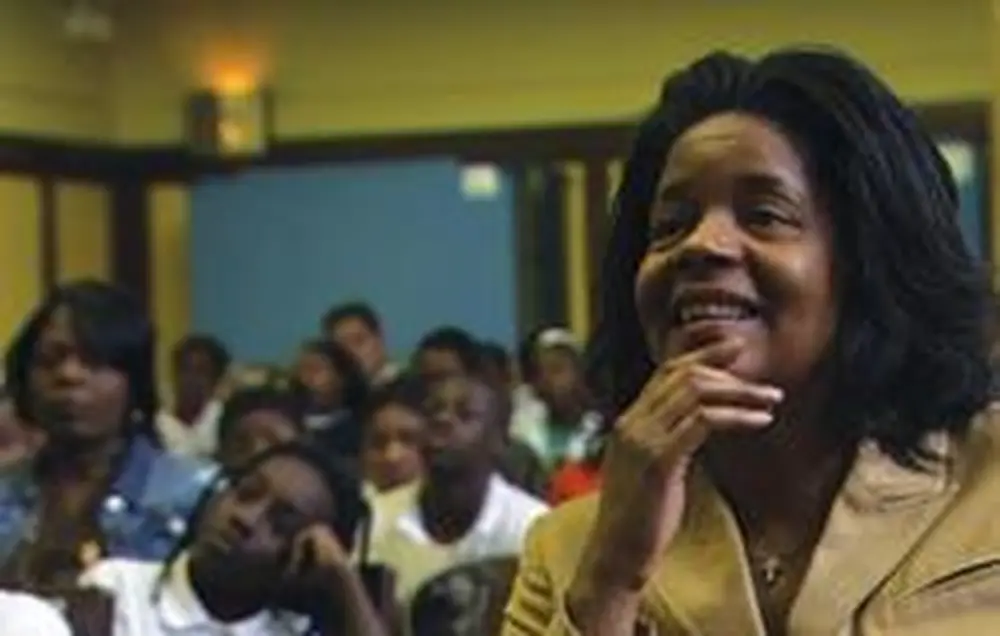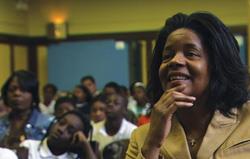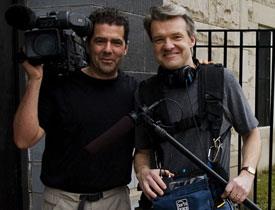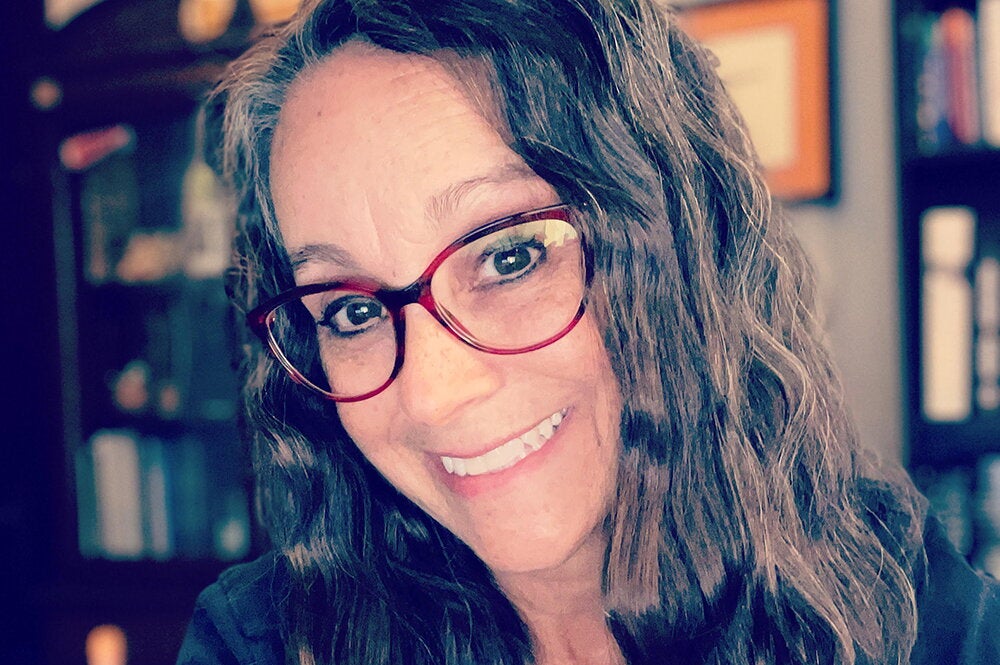

A grade-schooler caught concealing a knife explains, “You get or be got.” A principal wrestles with a child throwing a temper tantrum so violent that they call 9-1-1. A young boy talks about heaven after his classmate is killed by an ambulance. If school administration sounds the least bit dull to you, consider the reality captured by a U of I alumnus who co-produced the acclaimed PBS documentary film, The Principal Story.
David Mrazek (AB ’86, English) and colleague Tod Lending spent the 2007-2008 academic year filming in two impoverished schools, Chicago’s Henry H. Nash Elementary and Springfield, Ill.’s Harvard Park Elementary, to portray the steep challenges faced by public school principals. The documentary released this fall has triggered nationwide discussion about school leadership in educational circles and beyond.
From To Sir, with Love to Mr. Holland’s Opus, it’s teachers who typically have the spotlight during on-screen portrayals of schools, but Mrazek and Lending were funded by the Wallace Foundation as part of a larger effort to bring attention to principal leadership. The filmmakers recorded the daily experience of two magnetic Illinois elementary school principals, Tresa Dunbar in Chicago and Kerry Purcell in Springfield.

Mrazek, an award-winning producer and writer who has created documentaries for PBS, the History Channel, and the Travel Channel, spent countless hours over several months collecting footage. Gradually the principals, staff, teachers, and students seemed to forget about the filmmakers, allowing them to be present during even the most charged or intimate moments, whether it was a dressing down of underperforming teachers or a child receiving a hug.
The filmmakers had quandaries of their own, particularly in producing scenes such as one that showed Purcell trying to subdue a traumatized child, and others that showed a teacher losing her job at Dunbar’s school. In the case of the child, they protected his identity; in the case of the teacher, she was shown and named.
“You’re filming something that’s going to become a historical document, so you’re constantly dealing with ethical questions. You’re constantly dealing with, ‘Should we be filming this or not?’” Mrazek says. “(But) this is part of what it is to be in a school. It’s tough. It’s a balancing act of ethical quandaries.”
Reaction to the film has been almost unanimously positive, however. According to Nielsen ratings an estimated 1.1 million people viewed it on the PBS program Point of View during its first airings in September, and thousands more have viewed it online. It has gained favorable reviews and coverage on CBS News, NPR, the Chicago Tribune, and other outlets, and the Wallace Foundation has used it as a discussion-starter at various events around the country in their effort to improve principal leadership.
Jessica Schwartz, senior communications officer for the Wallace Foundation, says Mrazek and Lending produced a “compelling” film that has hooked audiences into thinking more broadly about schools.
“I believe, as a result of this project, that they have helped us convert the non-believers into understanding that, without really dedicated, effective school leaders, we will not be able to improve schools and make a difference in the lives of children,” she says.
- View the Film
Available until Monday, Dec. 14 only. After that date you can view clips at www.pbs.org/pov.
Learn more about the documentarians’ reactions to the topic in the spring 2010 issue of LAS News magazine.


